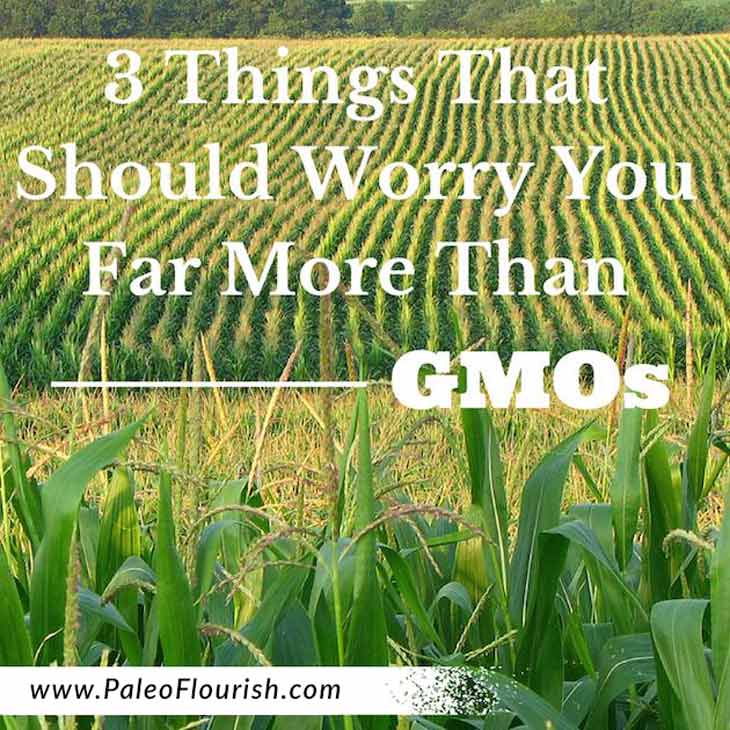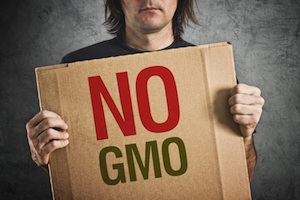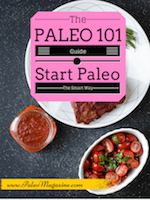3 Things That Should Worry You Far More Than GMOs

I’m going to write a longer article on GMOs very soon.
And it’s going to be extremely unpopular. Everyone loves to hate GMOs.
However, despite over 30 years of research into GMOs (mostly not funded by the industry), nearly 100% of the science has proven that GMOs are safe.
Now…you can’t actually prove that anything is safe. You could test it a billion times, and the time after that might be the one case where it’s really dangerous.
But still…30 years is 30 years.
GMOs Are The Last Thing We Should Be Worried About
I don’t actually care if anybody is worried about GMOs.

People worry about all sorts of things that don’t really matter. I do it myself.
Still, GMOs are just about the last thing you need to be worrying about when it comes to your health. And here’s the reason…
We know for sure that certain things are causing pandemic health problems:
1. Gluten
2. Excess Processed Sugar
3. Vegetable and Seed Oils
The science on these things is pretty solid. They’re not good for humans, and our increased consumption of them is making us fat, sick, and dead.
There’s no doubt about it.
And then there’s this question…
“When was the last time you knew someone who died of a disease or condition that was caused by GMOs?”
And the answer?
Never.
Most people loudly assert that they don’t want to be part of this GMO experiment, that genetic manipulation is excessively dangerous, and that GMOs cause cancer or other diseases.
But genetic modification is not different from selective breeding and natural, random mutation, except to the degree that we more precisely control it. While there are certainly dangers (natural mutations also present plenty of dangers), the risks are not definitively large or proven.
And in addition, we’ve been selectively breeding plants (and thereby modifying their DNA) for 10,000 years.
The point is that there are much, much bigger concerns than GMOs, and while you are welcome to avoid them, don’t let that fool you into thinking that you’re being healthy if you’re still eating sugary treats!
Images: Copyright (c) fishhawk cc and igor from Fotolia

